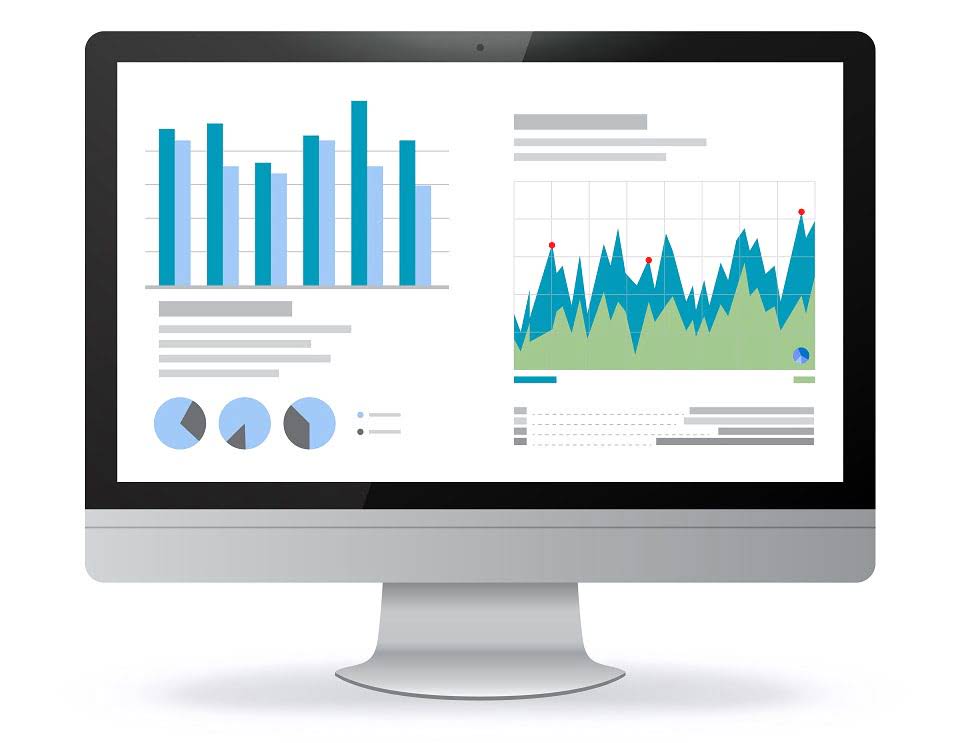
That is why a person should carefully look at any check they have been given and make sure that it is not already stale. A person should know how long they have to cash or deposit the check before it becomes too old. They should act within that time period – to deposit or cash the check. Some business checks will have “Valid For 90 Days” noted on the check.
What happens if you try to cash an expired check?
Though you want to avoid letting a check go out of date, there are some important considerations for a check that has become outdated. “Expert verified” means that our Financial Review Board thoroughly evaluated the article for accuracy and clarity. The Review Board comprises a panel of financial experts whose objective is to ensure that our content is always objective and balanced. One exception is with money orders issued by the United States Postal Service (USPS)[3]. USPS money orders never expire and can always be used, regardless of the date on which they were issued.
- However, the institutions and companies that issue them may have rules determining when unused money orders become considered abandoned property.
- Unless you have a government-issued check or certified check, it’s wise to deposit checks within six months.
- Traveler’s checks never expire as long as the issuing bank is still in operation.
- Do personal checks expire more quickly than company-printed checks?
- The exact due diligence requirements vary by state, but the National Association of Unclaimed Property recommends a formal letter to the check recipient sent by first-class mail.
- Most banks have an automated system for verifying these checks.
What happens if you deposit an expired check?

Without proper proof of identity, a bank can legally refuse to cash a check made out to your name. Always carry proper government-issued identification such as a driver’s license or passport when you intend to cash a check. Postdating checks carries risks and is generally not the best way to manage your payments. PNC Bank understands that managing finances can be complex, and we’re committed to offering tools and account features that can help you meet your financial obligations. While writing a postdated check might seem like a good way to align your check payment with your cash flow, it may not work out the way you expect. But circumstances and bank balances can change drastically in a matter of months, so after some time, there’s less confidence the funds will be available.

Unclaimed property and escheatment laws

Imagine a check as a perishable item with a shelf life of six months. After that period, it becomes stale and useless for payment. If you miss this window, the bank won’t accept it, and you won’t get the money in your account.
Checks You Write

It simply gives the bank the choice to accept or reject the check. By doing a regular examination of the transactions, even the small businessman can spot the checks that haven’t been encashed easily. Businesses and even personal transactions are sometimes done using checks. Checks have been in use for a long time and are considered to be a convenient mode of transaction by most businessmen. The only additional task related to them is the employer must send his employee to cash it within a specific time.
Most banks will honor those checks for up to 180 days and the pre-printed language is meant to encourage people to deposit or cash a check sooner than later. A postdated check is simply a check that has been written with a future date. Essentially, it’s a way to ask the payee not to cash the check until the indicated date. This is what is a stale dated check commonly done to help ensure that the check amount is not withdrawn from the account until additional funds can be deposited. For example, an account holder might write a check on a Wednesday, postdating it to Friday to coincide with their payday. A personal check that’s several months old may have been forgotten by the issuer.
Use this information to create a policy on owner contact and state remittance for different categories of uncashed checks. NAUPA’s free reporting software can help you craft a sensible plan. If the company does not cash the check, you’re going to have to go through the escheatment process, and you’ll end up losing the cash either way. Every state in the United States has what are called escheatment laws that require a business to hand over unclaimed property after a specific period.
- They may also charge fees that eat away at a money order’s value.
- Make sure to also double-check that they haven’t switched financial institutions or opened a new account.
- Such a call may be awkward, but it’s better than imposing an overdraft fee on the person or business that wrote it.
- We do not endorse the third-party or guarantee the accuracy of this third-party information.
- Banks will not do so because of the accounting ramifications it can have.

Generally, a “stale check” (also called a “stale-dated check”) is an uncashed check that’s more than six months old. Although banks, credit unions or other financial institutions might let you cash or deposit an outdated check into your account, the law doesn’t require them to do so. Under federal law, a bank is not required to make payment after that point. If you want to cash a check a few months after receiving it, consider giving the check writer or issuer a courtesy call. Let the person or entity know you plan to deposit the check, so they can make sure their account has the funds. States have different rules about when businesses must report unclaimed property, and the period before checks are considered unclaimed can vary.